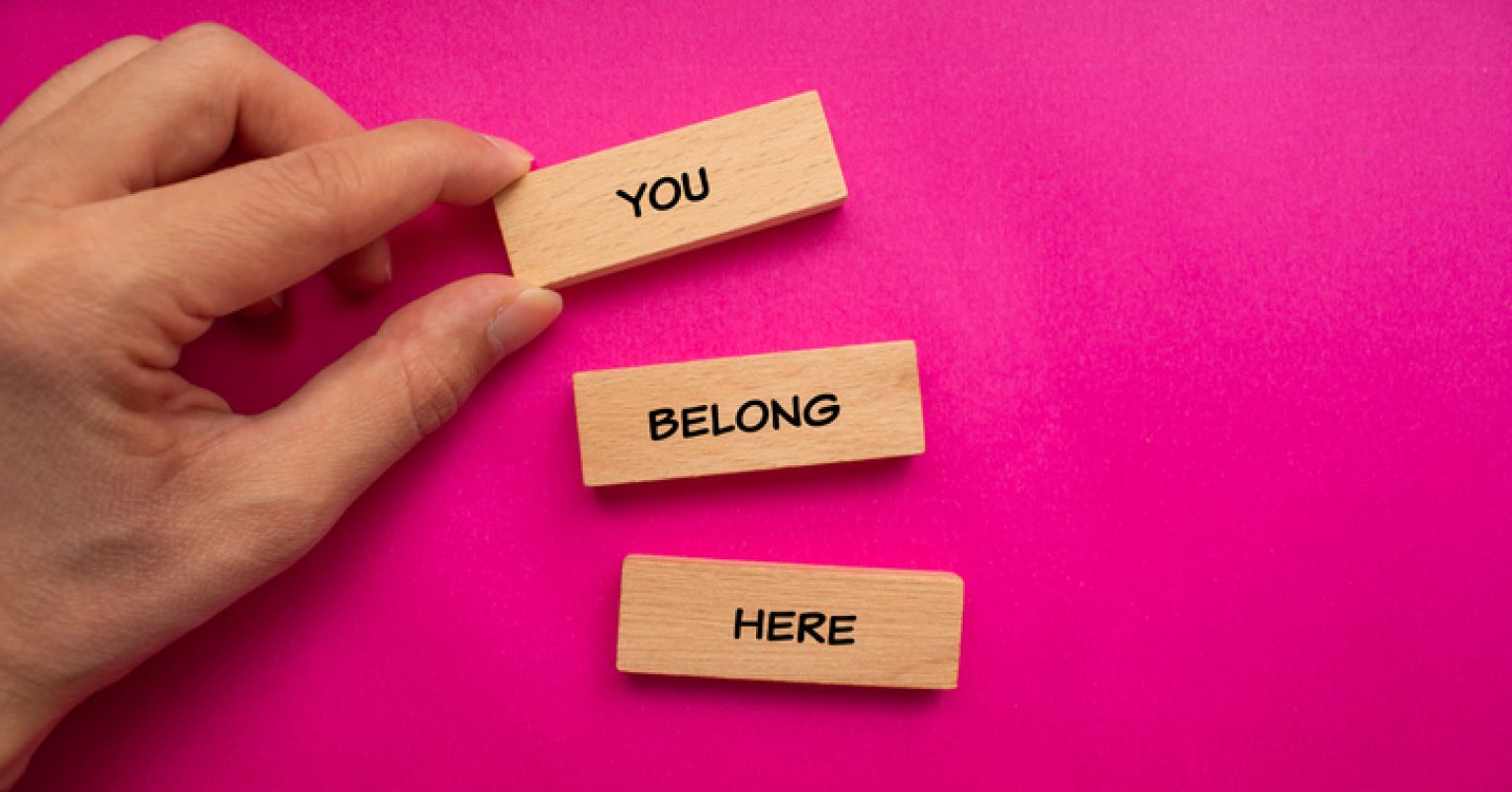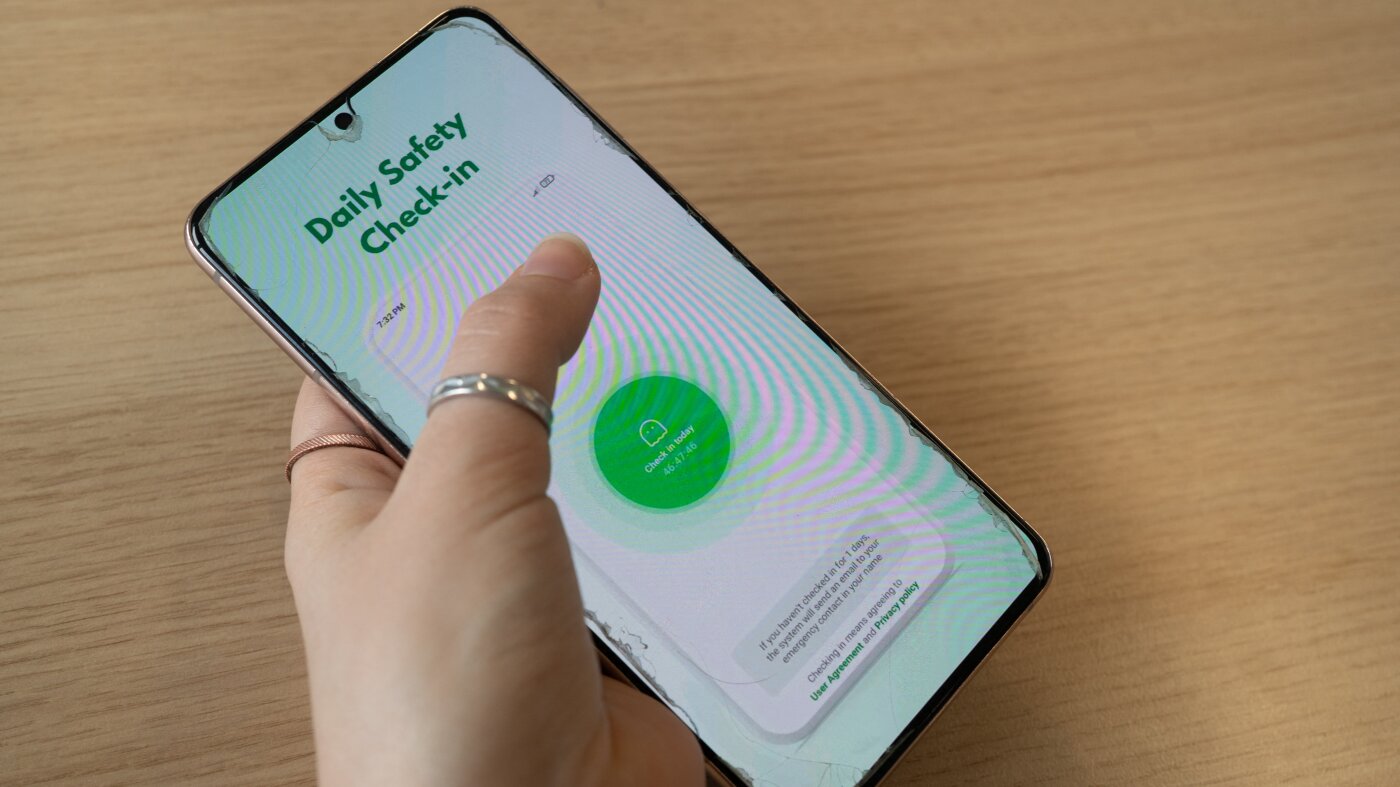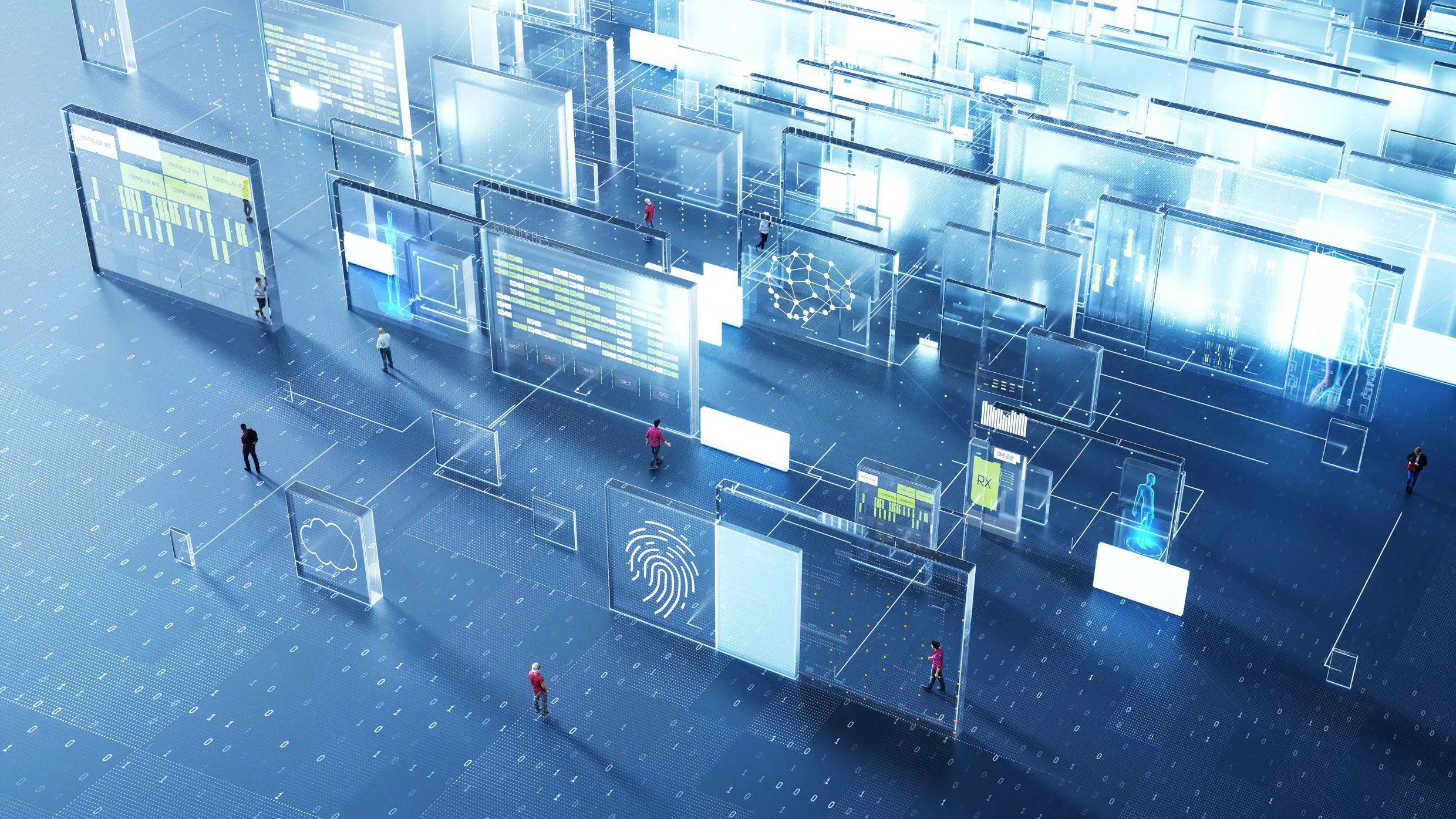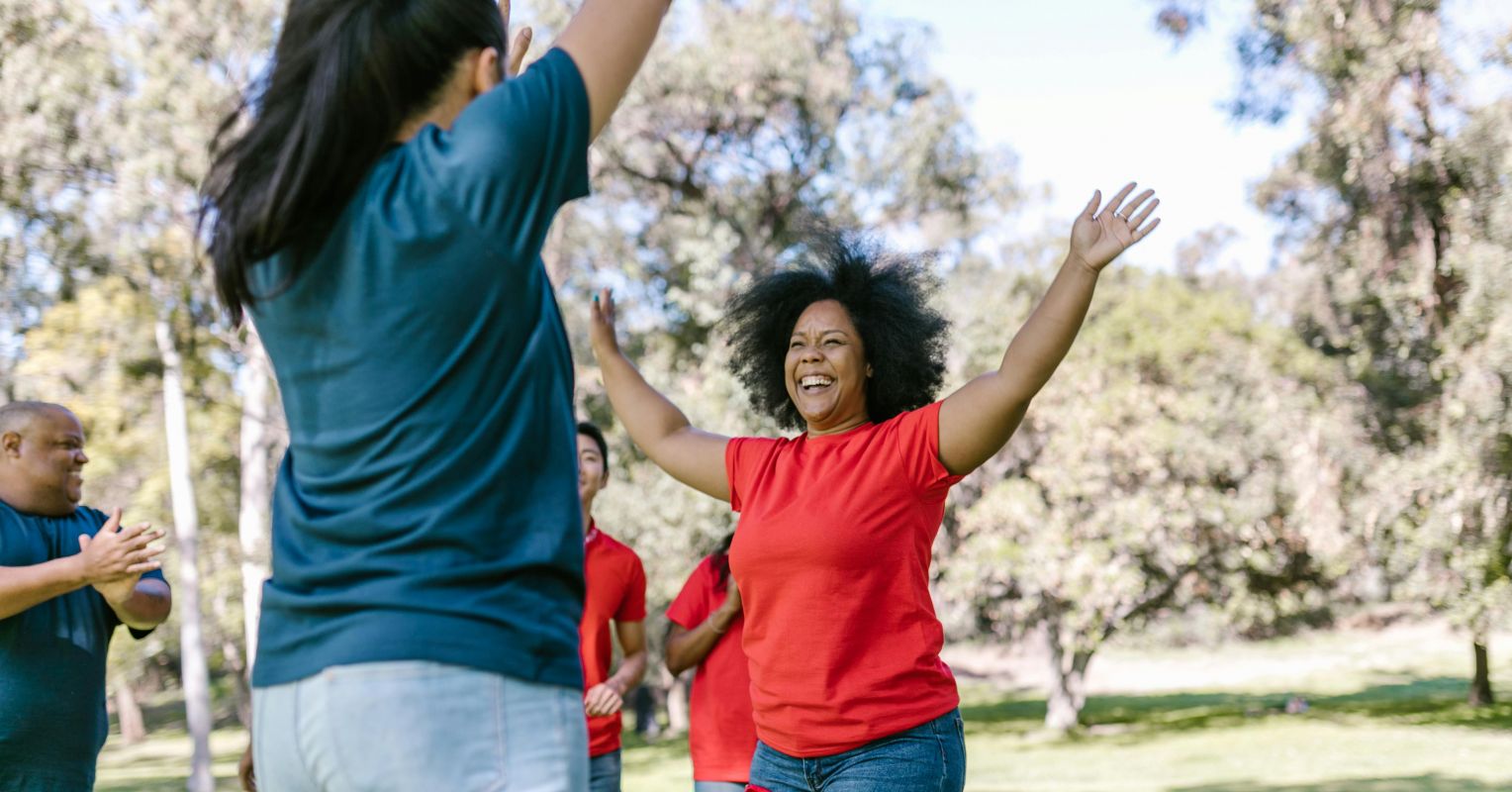fromwww.theguardian.com
10 hours agoIt helps with loneliness': grief, play and the power of lifelike dolls - photo essay
It's a doll, Ineke Schmelter, 71, often says as she walks down the street with a pram and someone peers fondly under the hood, asking: How old is the baby? Then she pulls back the blanket and reveals the doll. She points out the craftsmanship the little veins, the creases in the skin and explains that it can take as many as 20 layers of paint to achieve such a lifelike finish.
Arts























